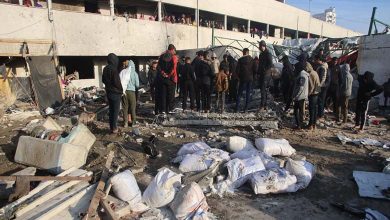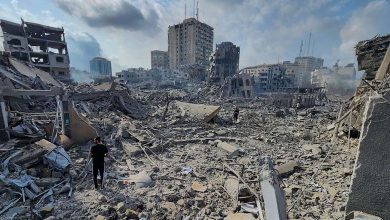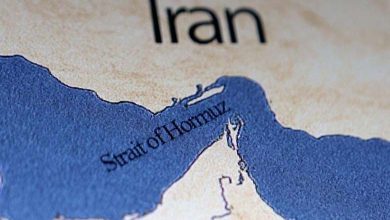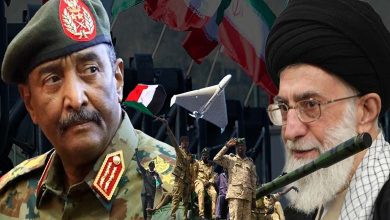After the Security Council resolution for a ceasefire… What are the main obstacles to its implementation?
Following the Security Council resolution for a ceasefire, there are significant obstacles to its implementation
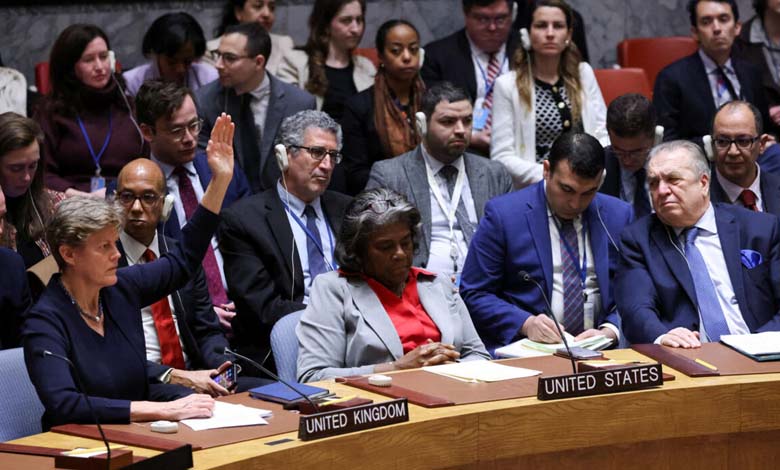
For days, the world has begun to be optimistic due to the United Nations Security Council’s decision to issue a resolution to stop the bloodshed in the Gaza Strip. However, what happened was unexpected as the fighting continues unabated in the Gaza Strip.
The international community relies on this resolution to push Israeli forces to respond to ongoing pressure to halt their military operations since October 7th, following the Aqsa Flood operation carried out by Hamas inside Israel.
Biden‘s plan to end the war
US President Joe Biden seeks to quickly end the war in light of the upcoming American elections later this year. The US administration believes that Benjamin Netanyahu‘s government and its extremist elements are working to thwart the deal, which will include the release of hostages and a ceasefire in Gaza.
While the Biden administration strongly opposes the continuation of the war in Rafah aimed at eliminating Hamas leaders and its last brigades stationed there, it fears that military operations could result in the deaths of many civilians due to population density. Furthermore, it could compromise the international legitimacy of US support for Israel.
Continued firing in the Gaza Strip
Just two days after the UN resolution, loud explosions were heard in the city of Gaza, marking demolition operations carried out by the Israeli army in the vicinity of the Al-Shifa Medical Complex and its surroundings, while military vehicles were deployed on the outskirts of the beach camp to surround several residential houses.
Airstrikes also targeted areas near Rafah, in the southernmost part of the Gaza Strip, where Israel plans a ground assault despite widespread US and regional criticism.
Palestinian political researcher Ayman al-Riqab believes that the Security Council resolution calling for an immediate ceasefire in Gaza is “legally binding,” but it lacks mechanisms for implementation on the ground, as it did not specify a time to end the firing. Therefore, it allows Israel to continue its military operations without consequences for non-compliance with the resolution. However, it imposes a “moral burden” on Israel to respond to the resolution, which was approved by 14 countries, with the United States abstaining from voting.
Al-Riqab added that John Kirby, White House National Security Council advisor, indicated that the resolution is not binding, and thus will have “no impact on Israel’s ability to continue its pursuit of Hamas.” Thus, Israel continues its war in the Gaza Strip against Hamas, but it encounters a new reality of international isolation due to global rejection of its actions in Gaza.
Political researcher and professor of political science, Tarek Fahmi, believes that a ceasefire in Gaza must be implemented, and its failure would be unforgivable for the world. What Israel is doing are mainly desperate attempts that will likely end with US intervention to end the war.
Fahmi added that the resolution calls for the release of about 130 hostages that Israel claims are still in Gaza, including 33 prisoners believed to have died. There are pressures on the Netanyahu administration in Israel to maintain the prisoners and bring them home, but so far, there is fear that the Netanyahu administration will prosecute them in Israel for corruption.



